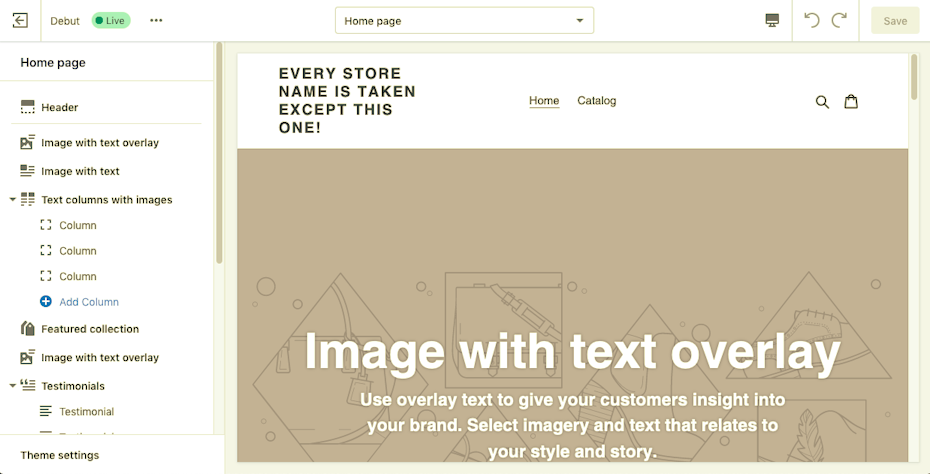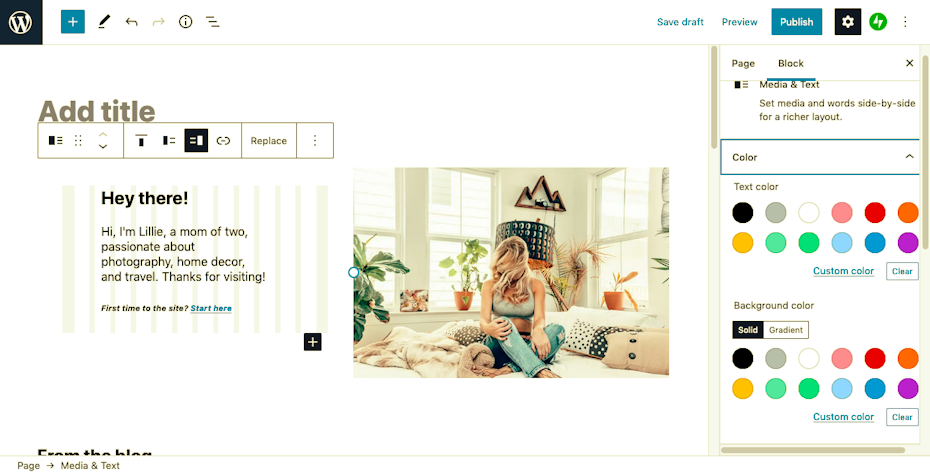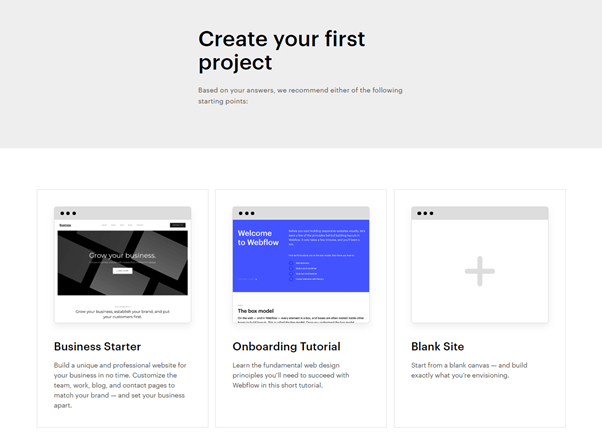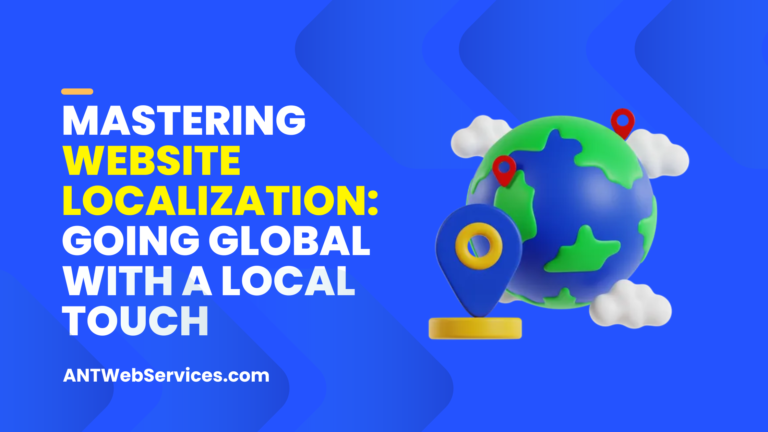Compared to opening a standard retail outlet, the startup costs for a Website will be almost zero. Because most website builders have reasonable “starter” plans, your first costs are mainly going to purchasing stock to sell. While there’s less of a financial commitment, there is still a wonderful time commitment—namely in creating your website and getting it how you want.
There are a lot of choices among website builders for businesses, so we want to give you a straightforward guide so you can pick the best one for your business. These are the Three best site builders that specialize in businesses, which enable you to create your own website how you want. For each, we list the pros, cons, pricing, and whom they’re recommended for, so you can find your best match.
1.Shopify

Let’s begin with one of the most famous website builders for e-commerce, Shopify. In a nutshell, the main attraction of Shopify is that it’s fast and convenient—it’s designed specifically for beginners and people who prefer wading into the shallow end rather than diving into the deep end. Few website builders are easier to use than Shopify.
However, the lack of complexity is also its drawback. Shopify doesn’t have much you can customize; the site builder is more-or-less filling in form fields and choosing images. Considering that it only offers 60 templates for its 800,000 users, there’s quite a bit of overlap and without proper differentiation, a lot of them look like cookie-cutters stores of each other. If you want to personalize your site and truly stand out, you’d be better off with one of the Shopify alternatives.
Despite the limited design options, Shopify includes everything an online retailer needs, like discount functionality, marketing tools like abandoned cart recovery, analytics, and integration with social media selling. The features they don’t offer themselves can probably be found in their app store. Shopify makes up for its lack of design choices with extra choices for sales strategy.
Pros
- very user-friendly; can have your site up and running in minutes
- includes built-in e-commerce features like discount and gift card capabilities
- excellent app store
- unlimited products
Cons
- not much room for customization
- transaction fees for gateways except for Shopify Payments
Pricing
- Basic Shopify: $29/month
- Shopify: $79/month
- Advanced Shopify: $299/month
Suggested for
- online retailers who want to focus more on sales strategy and less on design
- first-timers in e-commerce who want a convenient setup
2.Wocommerce/Wordpress

Do you like the WordPress site builder for your business but want e-commerce capabilities? The WooCommerce plugin does just that—it adds checkout, product listings, payment gateway integration, and everything else you need to effectively run an online retail business.
The benefits of WooCommerce are the benefits of WordPress, namely the large plugin library and an even larger community of support and fellow users. The real attraction is that you can mix and match WordPress plugins to create a unique store that looks and feels just how you want, including features never intended for e-commerce. And because WordPress is a blogging platform first and foremost, a WooCommerce store can have top-notch content marketing and SEO.
Although WooCommerce is technically free, you still have to pay for WordPress hosting. On top of that, the WordPress website builder comes with a bit of a learning curve, so it’s not nearly as user-friendly as the other website builders for e-commerce. On the other hand, you can always hire a WordPress designer and developer to build it for you.
Also, you can contact us if you need help.
Pros
- large library of WordPress plugins, with features not exclusive to e-commerce
- lots of WordPress users for community support and troubleshooting
- blog capabilities best for content marketing and SEO
- unlimited product listings
Cons
- user-friendly more than other website builders for Blog or Business Website
- plugins aren’t free—they can get pricey if you use a lot
Pricing
- technically free, but you have to pay for WordPress hosting and whatever paid plugins you use
Suggested for
- WordPress aficionados
- retailers who have a specific vision for their site and find other site-builders limiting
- retailers who rely heavily on content marketing
- blogs
- highly recommended for business website
3.webflow

So there you have it – a full Webflow review. As you can see, it’s a website builder with a very specific target audience, and one with clear strengths and weaknesses.
Despite not being the cheapest or easiest platform to use, Webflow does stand tall when it comes to design. You can customize all sorts, without having to know code, making it feel very advanced without feeling inaccessible.
Templates are well-designed, mobile optimized, and cover a range of industries. Webflow’s features, however, are rather limited, and you may well have to make use of its third-party integrations.
Pros
- Great levels of design customization, without having to know code
- Excellent range of templates, suitable for e-commerce and dynamic content
Cons
- Relatively difficult to use for a website builders
- Expensive plans, with prices ranging from $12/month to $212/month
Pricing
Pricing is another aspect of Webflow that may put people off – it can get pretty expensive!
Because Webflow markets itself as a more sophisticated website builder that offers users greater creative control, it’s only natural that its prices reflect that. The problem is that the average user may not need, want, or know how to use half the things they’re paying for…
Webflow currently has six pricing plans: three for websites, and three for online stores.

Webflow’s site plans are split between regular websites and e-commerce sites
While you can build a website for free, the cheapest you can actually publish it online for is $12/month on Webflow’s ‘Basic’ plan. This is suitable for simple sites that just need a few standard elements, like image galleries, contact forms, or menus.
The CMS plan focuses on blogs and content-driven sites, while the Business plan is, unsurprisingly, for businesses looking to market and scale.
Webflow’s e-commerce plans range from selling a few products on the side (Standard plan) to selling efficiently in bulk (Plus plan), to marketing and managing your products in front of a global audience (Advanced plan).
There’s also Webflow for Enterprise, which is available on a quote-by-quote basis. This is where Webflow will actually help build your site for you and support you through the entire process. This is a great service, but only really suitable if you’re a large business.
Suggested for
- if you want full control over the design
- fewer features
- if you are a big business or brand
Your first major business decision
One of the toughest choices you ever have to make about your business is also one of the first. Out of the best website builders for a business website, whichever you pick sets the tone for your website.
Pay close attention to each channel’s prices, customization options, and ease of use before choosing the one that fits your business model and own personality. After all, you’re going to be working with the platform a lot!




